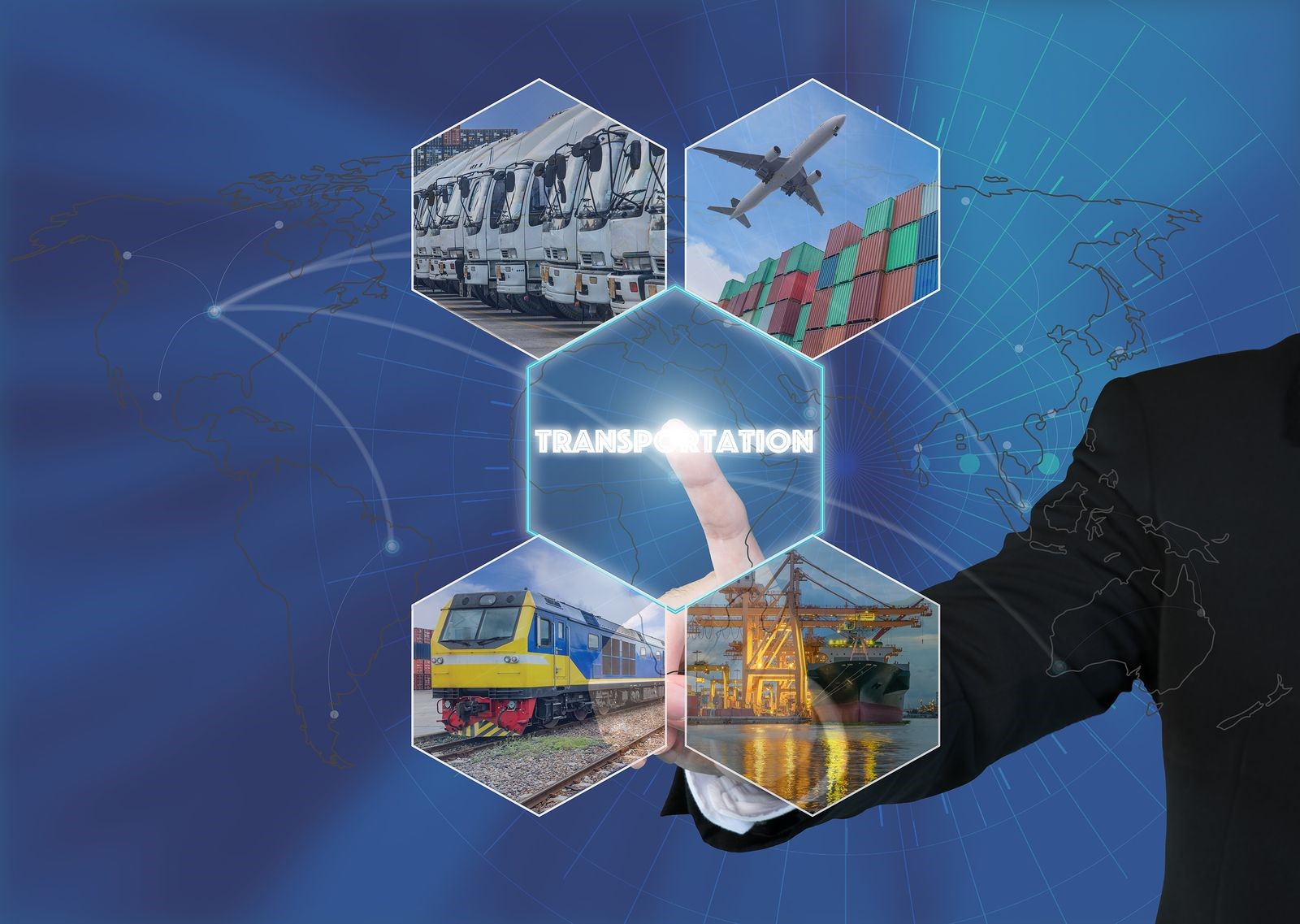It is a given that much of today’s economy heavily depends on the transportation of goods and services. A minute of transportation delay can mean a significant loss on the country’s GDP in general, which in turn imparts a negative ripple effect on companies and their employees.
You might think this is all an exaggeration, but many studies conducted by both the government and private sectors point out the staggering consequences of transportation delays. The problem is not limited to land, however, even sea and air freights are affected by not having a good transportation management system in place.
This is why it is highly recommended for those in the transportation industry to apply several transportation management services to further improve their performance.
 How it helps
How it helps
Like in everything else, organization is the linchpin to a good transportation management system. Whether taxis, buses, trains, airplanes, or ships, most transportation operators need a program to assist in monitoring the daily nuances of the business, such as vehicle maintenance, travel routes, and road time.
The most popularly invoked example for extolling the benefits of transportation management services is the proverbial traveling salesman problem. For centuries, mathematicians have grappled with the question of how a traveling salesman can visit a number of cities, with equal distances between them, in the shortest possible time.
The solution might appear simple at first glance, but you have to take into account that as you expand the number of cities to be visited, you also increase the number of possible routes to get to each and every city, even with equal distances as a given factor.
You have to realize that with a two-dimensional problem like the traveling salesman, it still hasn’t taken into account real-life problems such as asymmetric distances between cities, loading and unloading of goods, road and traffic conditions, and other factors that make transportation management utterly complex. The traveling salesman example is effective in illustrating the effects a transportation management system bodes for identifying the nuances posed for delivering goods and services to several cities in any given time.
With the help of transportation management services, operators (regardless if it they are private or public) have a chance to reduce their transit problems into something humanly controllable.
Transportation’s economic role
It is easy to underestimate the transportation industry’s value on the country’s economic output, since most can only see the physical aspect. Yet improvements on the transportation system can render a positive effect, especially on reducing overall operational costs, which can directly impact business owners and their employees. Just like the traveling salesman analogy, the goal is to deliver the goods and services to target destinations using the shortest possible routes to achieve the target.
Obviously, the faster a transportation vehicle arrives at its destination, the more chances that it can perform additional services on a given day. The increase in deliveries can mean an upsurge in profit and reduce costs on employee’s salaries due to overtime. In public transportation’s case, the faster the travel time, the less the spread of commuter stress. The decrease in stress can only mean higher work productivity.
Overall, the indirect effects of a good transportation management system are too important to ignore. Though it is quite impossible to arrive at the perfect solution to a real-time traveling salesman problem, several transportation management services are willing to confront the challenge of devising strategic management solutions to address even the most basic concerns.
Sources:
Contribution of Transport to Economic Development, Transport.Govt.NZ
Benefits of a Transportation Management Association, GCBL.org

